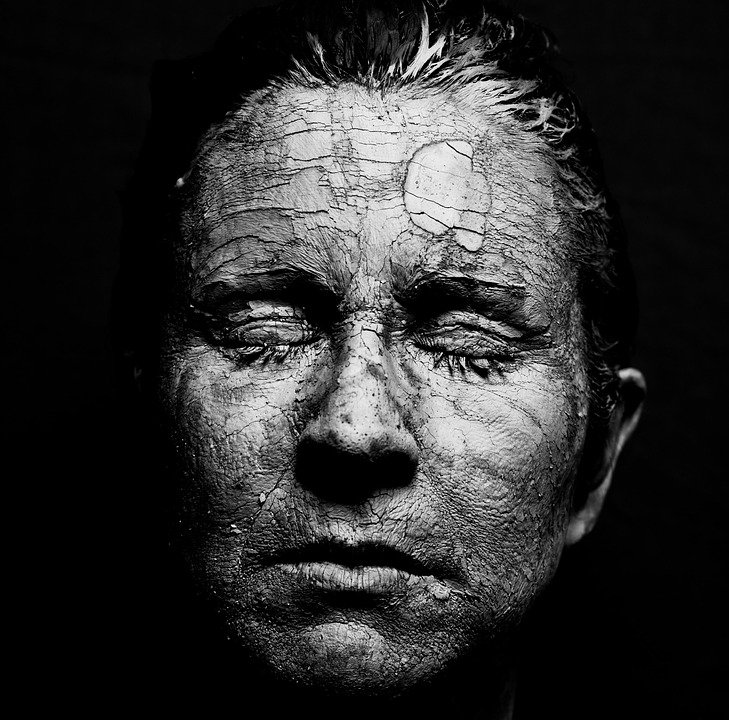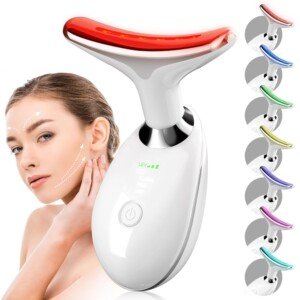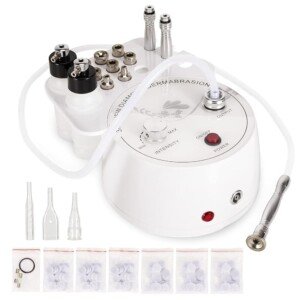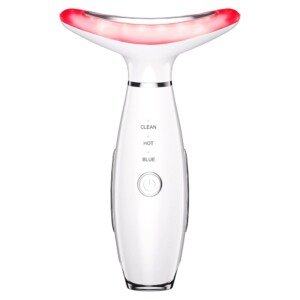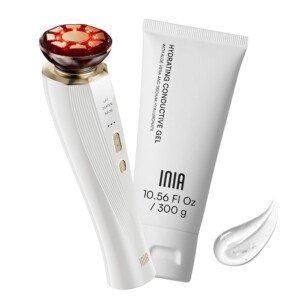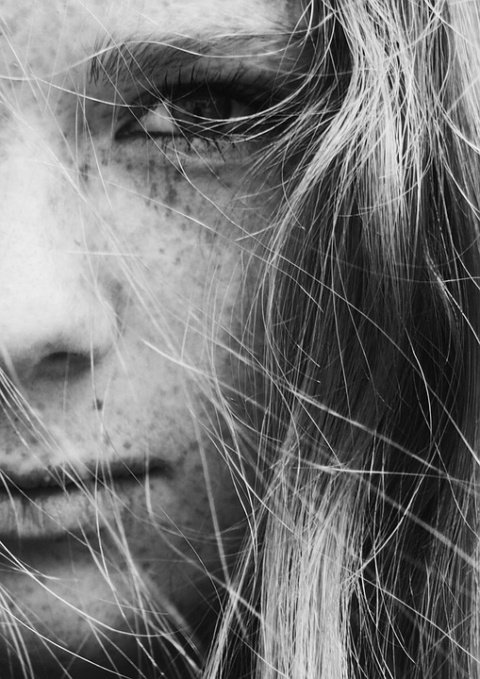In recent years, LED light therapy has gained popularity in skincare, pain management, and even mood enhancement. But how does shining colored light on your skin actually provide benefits? From reducing acne to speeding up wound healing, LED light therapy leverages the power of specific light wavelengths to trigger biological responses. Let’s dive into the science behind this glowing treatment.
What Is LED Light Therapy?
LED (Light Emitting Diode) therapy is a non-invasive treatment that uses different wavelengths of light to penetrate the skin at varying depths. Unlike lasers, which use intense, focused light, LEDs emit low-level light that doesn’t produce heat or damage the skin. Instead, they stimulate cellular activity, promoting healing and rejuvenation.
How Does LED Light Therapy Work?
Every color in LED light therapy corresponds to a specific wavelength, measured in nanometers (nm). These wavelengths determine how deeply the light penetrates the skin and what biological processes they activate. Here’s how the most common LED colors work:
1. Red Light (630-700 nm) – Collagen Production & Anti-Aging
Red light penetrates deeper into the skin, reaching the dermis where collagen and elastin are produced. By stimulating fibroblasts (collagen-producing cells), red light helps:
- Reduce fine lines and wrinkles
- Improve skin elasticity
- Speed up wound healing
- Reduce inflammation
Scientific Insight: Studies show that red light boosts ATP (adenosine triphosphate) production in mitochondria, giving cells more energy to repair and regenerate.
2. Blue Light (405-420 nm) – Acne & Bacteria Control
Blue light targets Propionibacterium acnes, the bacteria linked to acne breakouts. When blue light interacts with these microbes, it triggers a reaction that destroys their cell walls without harming surrounding skin. Benefits include:
- Reducing acne inflammation
- Preventing future breakouts
- Regulating oil production
Scientific Insight: Blue light causes P. acnes to produce porphyrins, compounds that generate free radicals when exposed to light, killing the bacteria.
3. Near-Infrared Light (700-1200 nm) – Deep Healing & Pain Relief
Near-infrared (NIR) light penetrates deeper than red light, reaching muscles, joints, and even bones. It’s commonly used for:
- Reducing muscle pain and inflammation
- Accelerating post-workout recovery
- Enhancing wound healing
Scientific Insight: NIR light increases circulation and reduces oxidative stress, promoting cellular repair in deep tissues.
4. Green & Yellow Light (520-590 nm) – Hyperpigmentation & Calming
Though less researched, green and yellow light are believed to:
- Reduce redness and pigmentation
- Calm sensitive or rosacea-prone skin
- Balance melanin production
Does LED Light Therapy Have Risks?
LED therapy is considered safe for most people because it uses low-energy, non-UV light. Rare side effects may include mild redness or temporary sensitivity. However, it’s not recommended for people with:
- Light-sensitive conditions (e.g., lupus)
- Certain medication sensitivities (e.g., photosensitizing drugs)
Conclusion: A Science-Backed Glow-Up
LED light therapy works by harnessing specific wavelengths to trigger healing mechanisms at the cellular level. Whether you’re fighting acne, reversing signs of aging, or easing muscle pain, LED treatments offer a non-invasive, science-backed solution. As research continues, we may discover even more benefits of this futuristic glow therapy!
Would you try LED light therapy? Share your thoughts below! ⚡💡
-
2025 New Face and Neck Massager Tool, 7 Colors LED Womens Skin Care Facial Massager for Skin Rejuvenation, Lifting, Toning, Glow Boost-White
Original price was: $29.99.$24.99Current price is: $24.99. -
3-in-1 Beauty Massager for Face and Neck, Based on Triple Action LED, Thermal, and Vibration Technologies for Skin Care,Improve,Firm,Tightening and Smooth
Original price was: $23.96.$21.96Current price is: $21.96. -
3-in-1 Red Light Therapy for Face and Neck, Skin Tightening Device True Beauty Glow Facial Massager for Skin Care, Effective Wrinkle Reduction Anti-Aging with Lifting,…
Original price was: $139.99.$109.99Current price is: $109.99.

